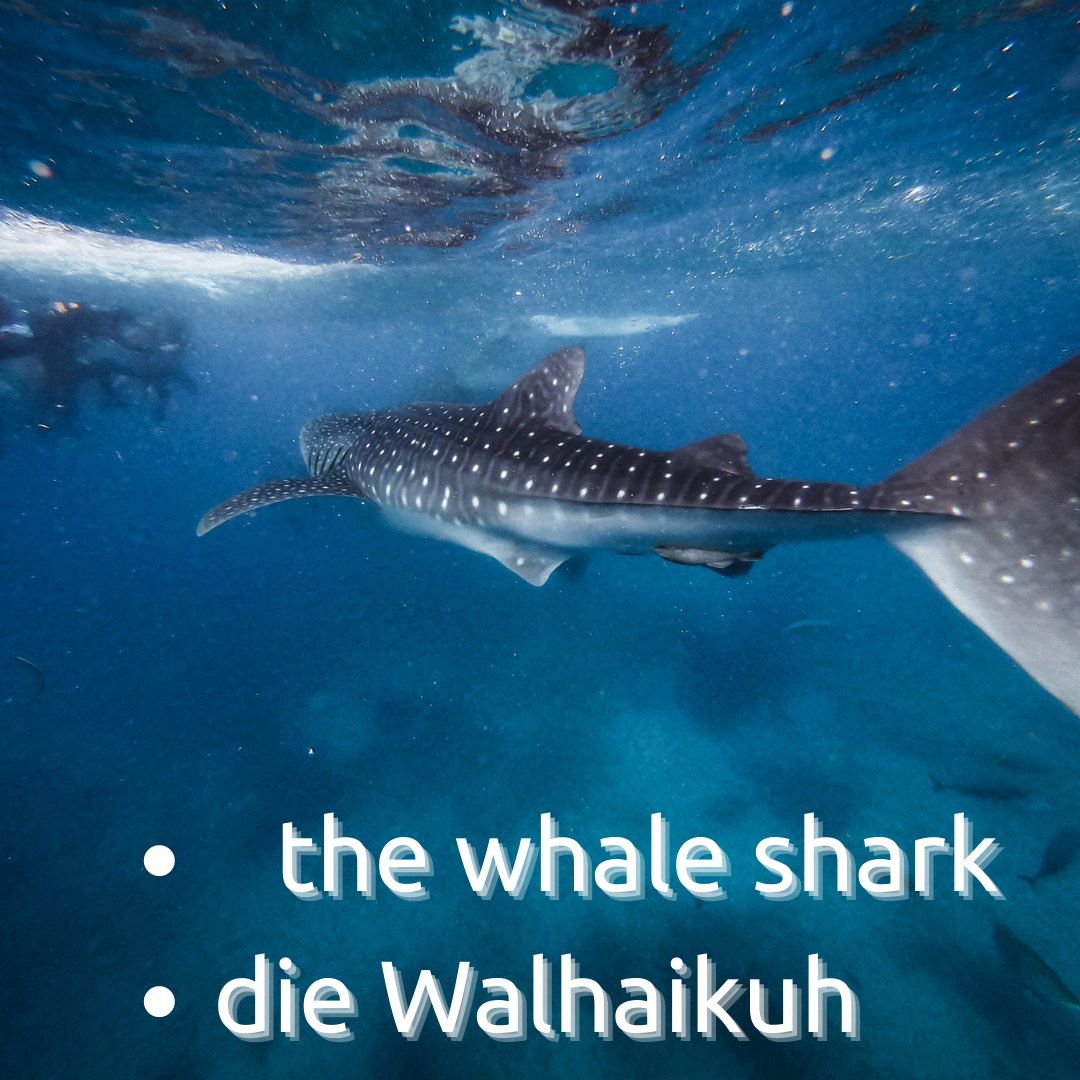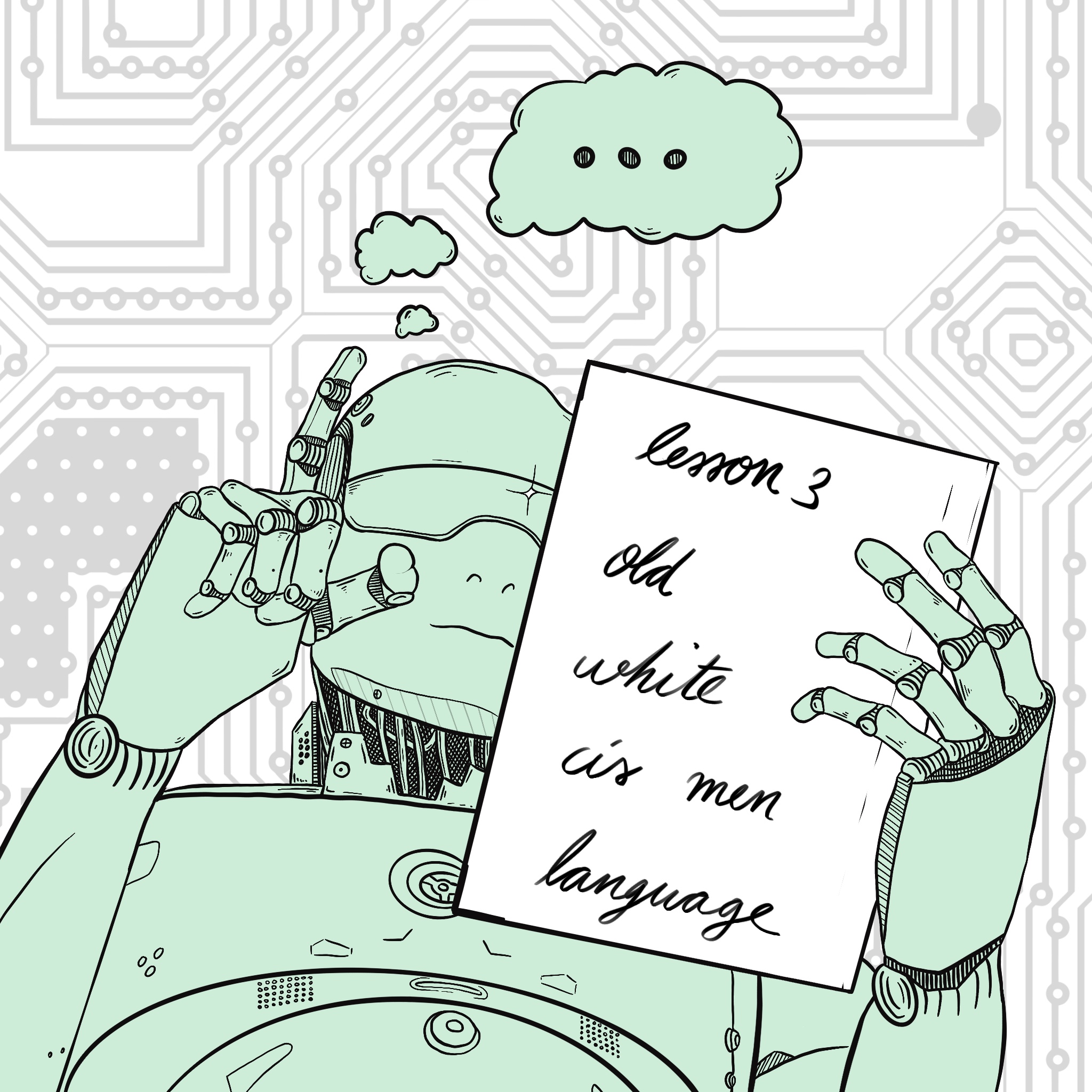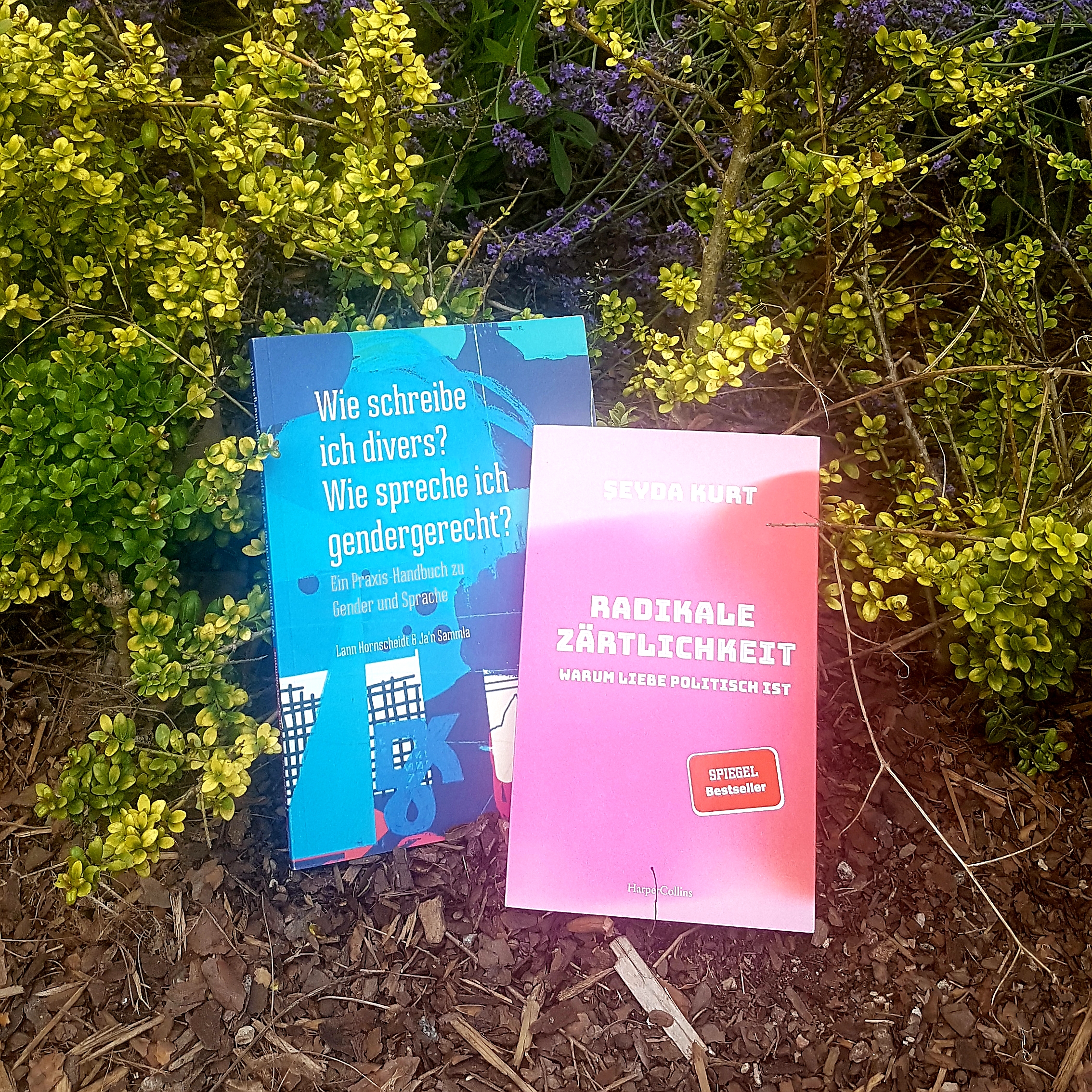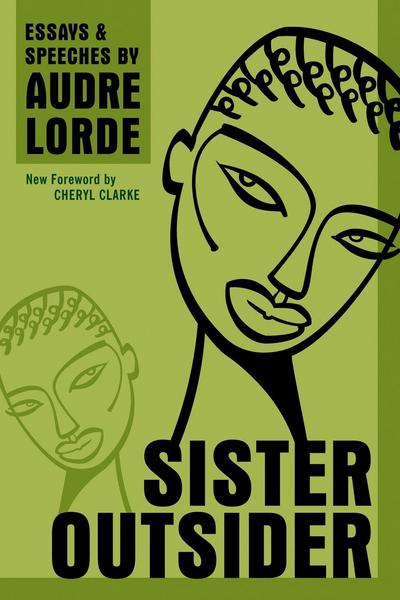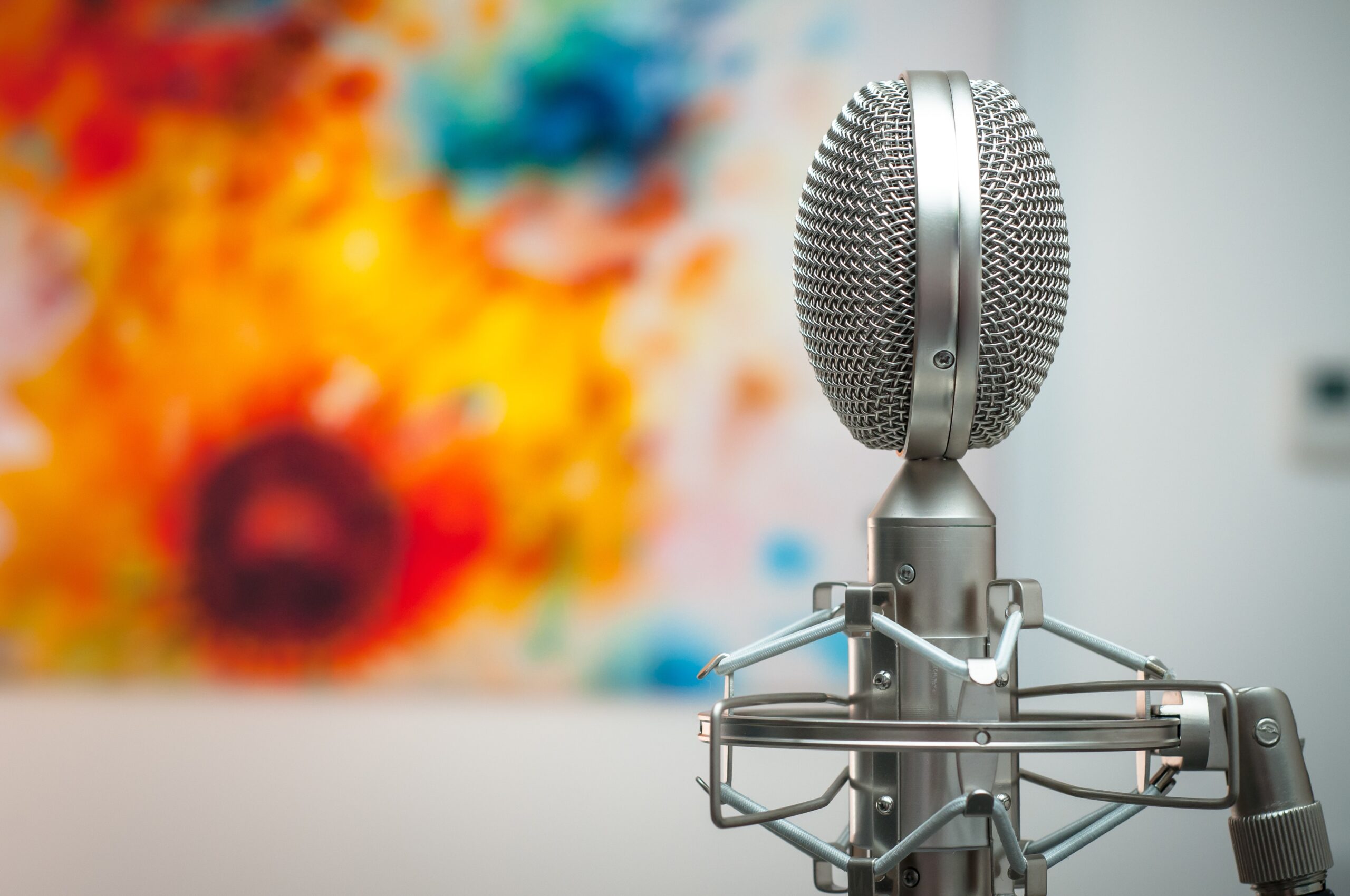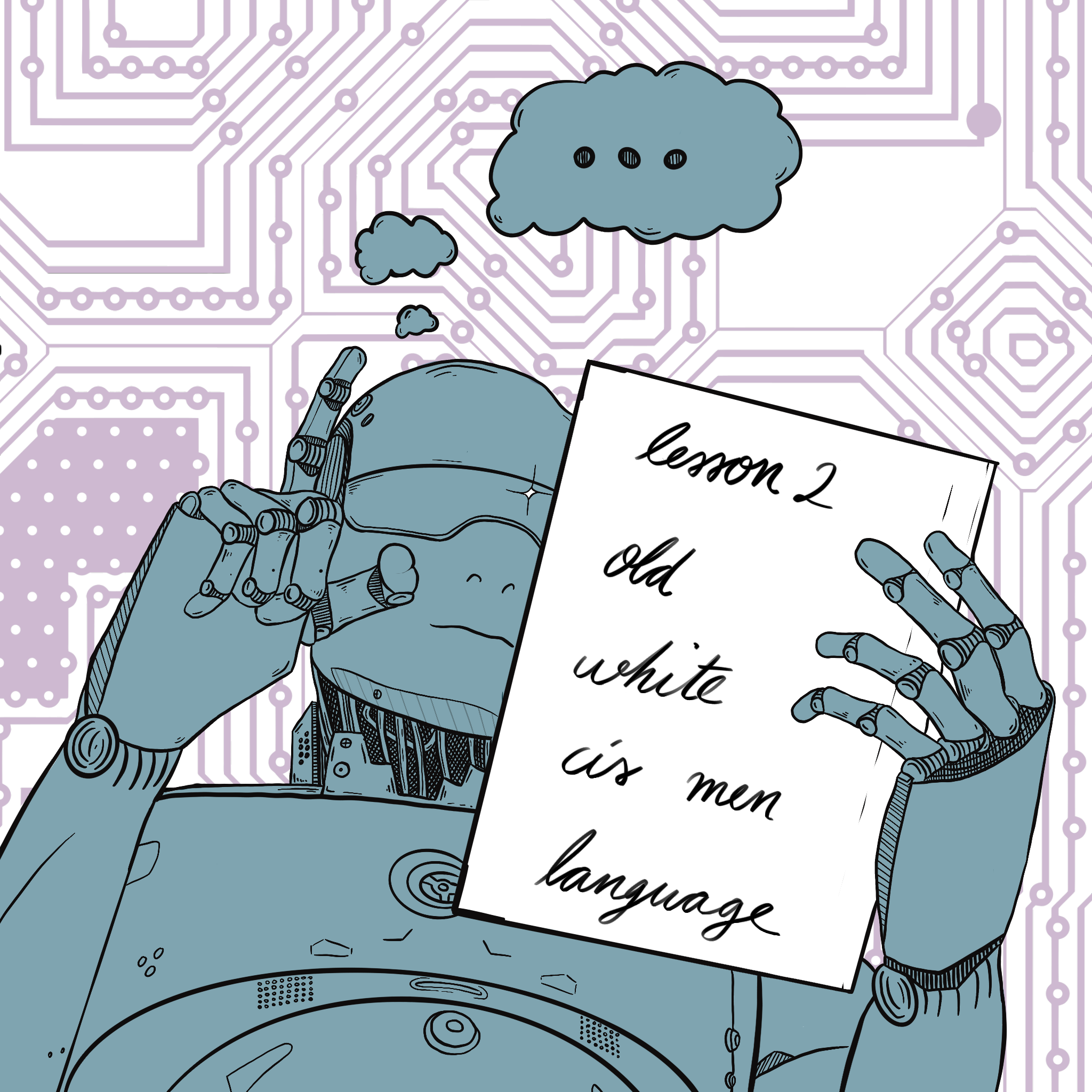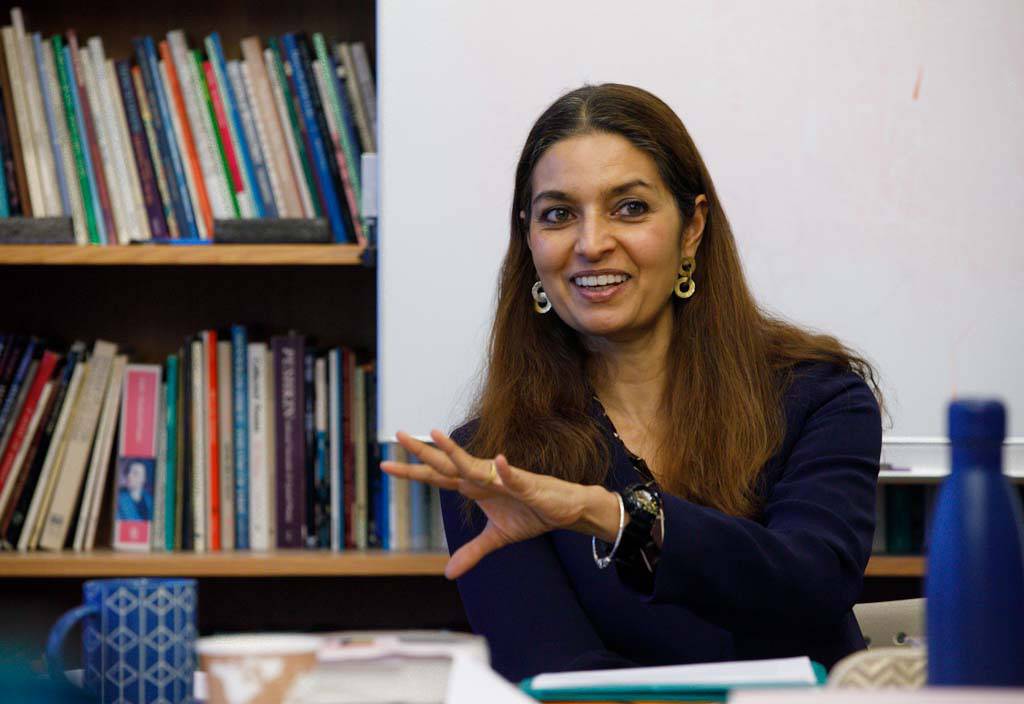Anyone who wants to do a quick translation is probably happy to fall back on technological aids once in a while: Google Translate, Linguee or DeepL are widely known by now. But machine translation can prevent linguistic progress or the successful establishment of non-discriminatory language. Translation programmes draw from already existing texts – and these are far from being free of discrimination. That’s why we’re excited that our macht.sprache. project will be able to develop an integration with existing translation websites to support gender-sensitive translation with the help of the Prototype Fund.
more...
On 4 June, 2021, we hosted a discussion event with Lann Hornscheidt and Şeyda Kurt in cooperation with the Goethe-Institut. As part of the projects macht.sprache. and Artificially Correct, we were able to learn from the guests about ways of dealing with politically sensitive terms in writing and translating. This is part two of the transcript.
more...
On 4 June, 2021, we hosted a discussion event with Lann Hornscheidt and Şeyda Kurt in cooperation with the Goethe-Institut. As part of the projects macht.sprache. and Artificially Correct, we were able to learn from the guests about ways of dealing with politically sensitive terms in writing and translating.
more...
Sister Outsider by African-American, lesbian, feminist poet and activist Audre Lorde is a foundational text for anyone interested in intersectionality and reflecting on their own social positions.
more...
The second part of the transcript from our discussion with Dr. Michaela Dudley and Mirjam Nuenning that took place on 19 May 2021.
more...
On 19 May 2021, we got to hear from Dr Michaela Dudley and Mirjam Nuenning about their thoughts on translating politically sensitive language.
more...
Jhumpa Lahiri wrote her latest novel in Italian. Afterwards she translated it into English herself. The deliberate shift in her own language focus invites me to question several things: the linguistic pressure to conform that migrants of Colour often experience. And the common idea that people can only express themselves well in one language – their mother tongue.
more...
We’re happy to announce the poco.lit. newsletter! If you choose to opt-in, you will receive updates from us once a month. We’ll let you know about developments in our current projects and give an overview of the content we’ve posted in the past four weeks.
more...
Translators make decisions that have an enormous impact on how texts arrive in linguistic contexts beyond the language they were written in. Especially in literary translation, many of these decisions are related to questions of aesthetics and style. But these are also, as our macht.sprache. project is making increasingly clear, decisions with political undertow and ramifications. The translator’s note is often a moment that allows translators to communicate to their readers the considerations that went into their decision-making.
more...

